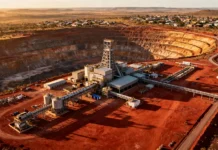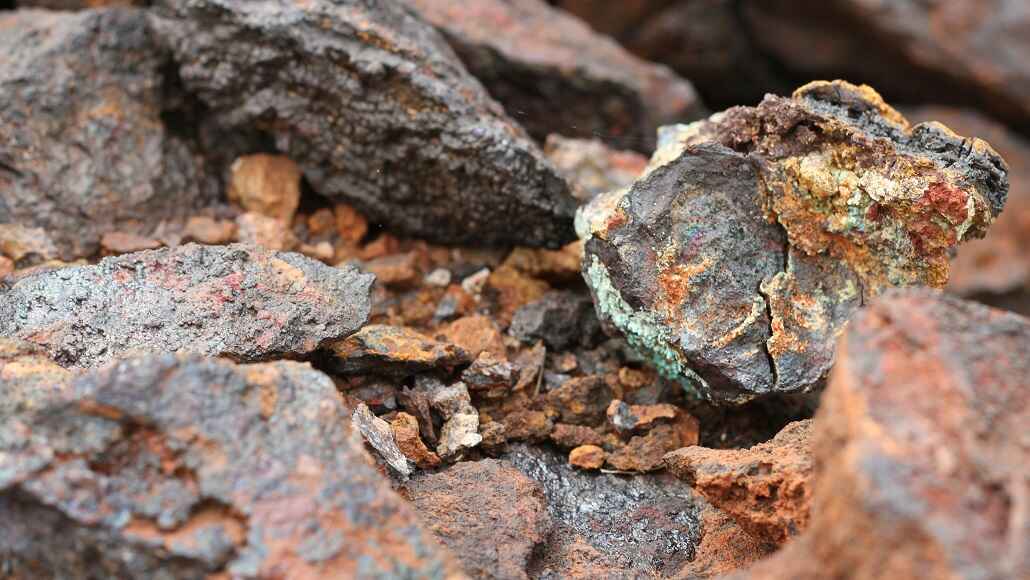Global stock markets fell Monday as worries over China’s economy and instability in the Middle East combined to scare investors.
Chinese bourses tumbled 6.9% in their opening session of 2016, its biggest decline on record for the first trading day of the year, forcing exchanges to halt trade for the first time.
This so called “circuit breaker” mechanism, which halts trade for 15 minutes if the CSI300 index falls or rises 5% in a day, then suspends trade for the day if it continues to fall or rise to 7%, is a new measure that came into effect Monday and was put to test immediately.
Early losses quickly snowballed in the afternoon, with trading suspended around 5.30am GMT, about 90 minutes before the regular close.
The slide in Chinese stocks and the Yuan’s accelerated depreciation drove markets elsewhere in the region deep into the red.
Japan’s Nikkei Stock Average fell 3.1%, Hong Kong’s Hang Seng Index fell 2.7% and South Korea’s Kospi lost 2.2%.
Australia’s S&P/ASX 200 fell 0.5%, with losses offset by gains in oil.
Adding to the turmoil, Saudi Arabia and Bahrain cut ties with Iran, sending Gulf stocks lower and pushing Brent crude higher.
Looking for safe havens, investors rushed to precious metals. February gold was last up $19.90 an ounce at $1,080.00.
Base metals did not do that well — copper prices fell 1.3% to $4628 a metric ton in London.
Most diversified miners saw their shares drop. BHP Billiton (ASX:BHP) closed slightly down in Sydney to A$17.8, Rio Tinto (LON:RIO) was down almost 4% in late trading in London, Anglo American
(LON:AAL) was tumbling more than 7%, and Glencore’s (LON:GLEN) stock was trading 5.7% lower.
Today’s collapse was the worst percentage decline for China since Aug. 24, the height of its summer crash, when the country’s main index plummeted 8.5% adding to a 20% crash in just four days.






















